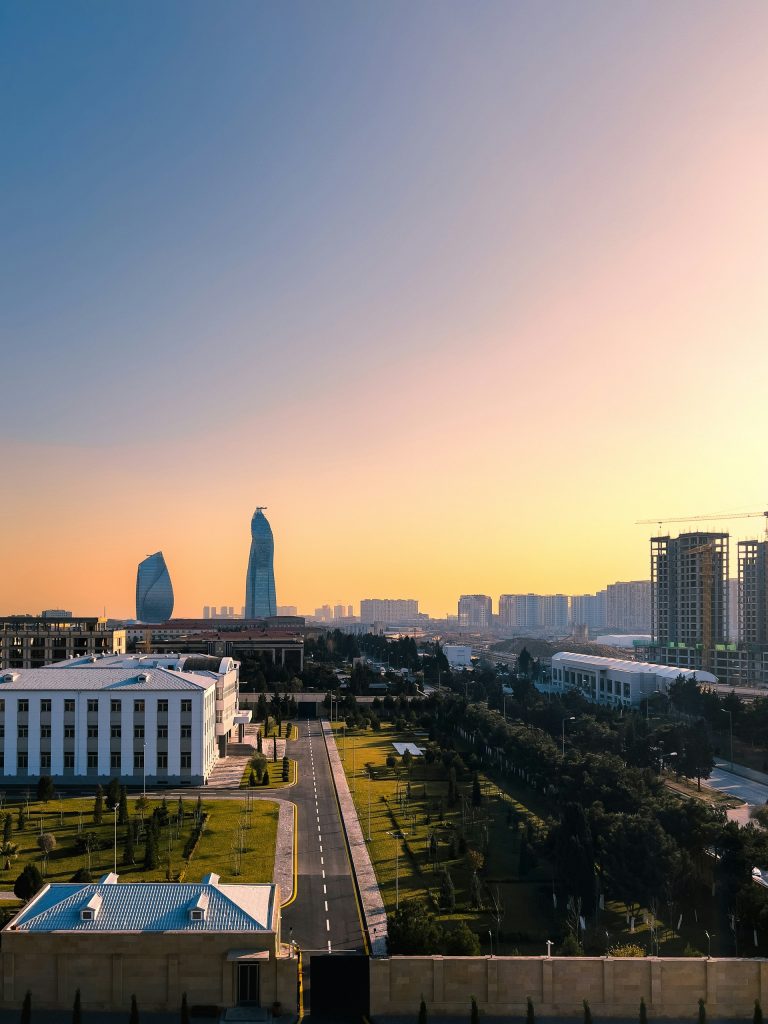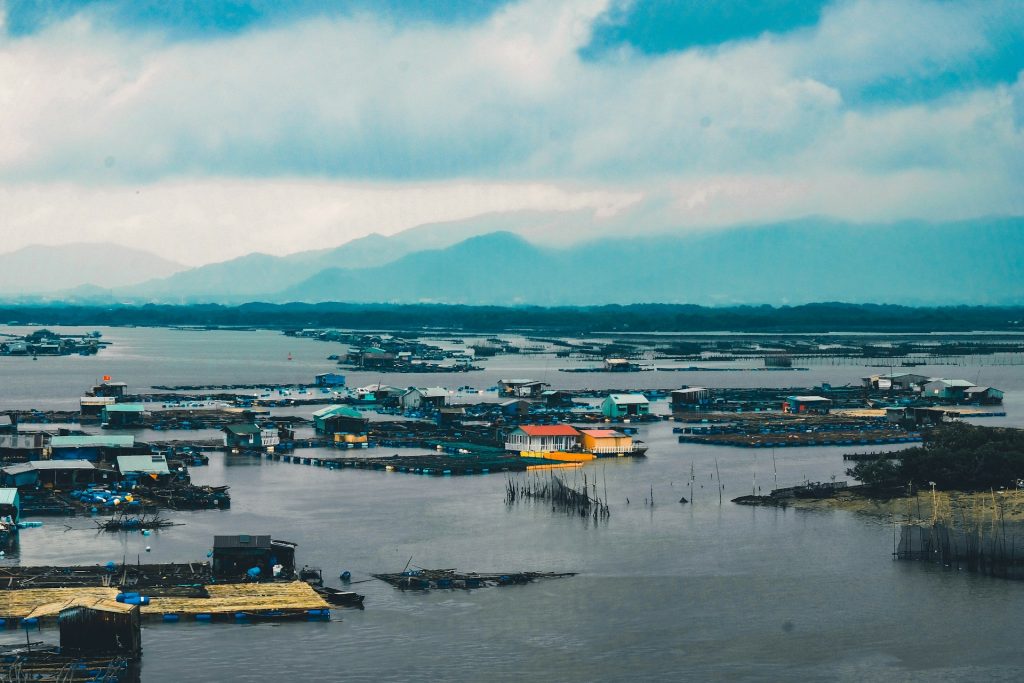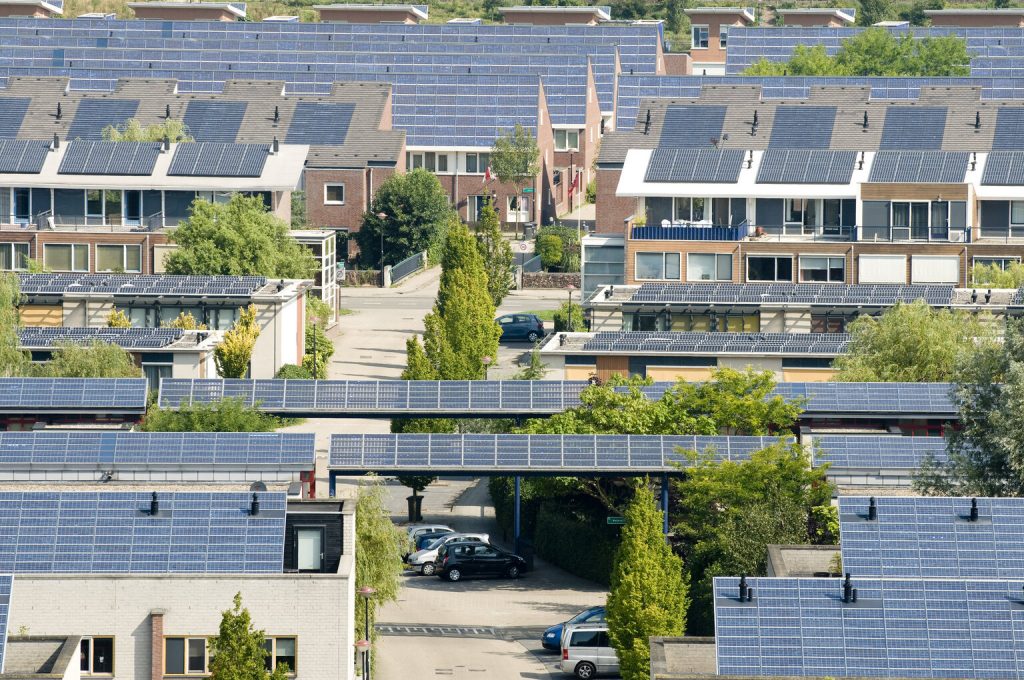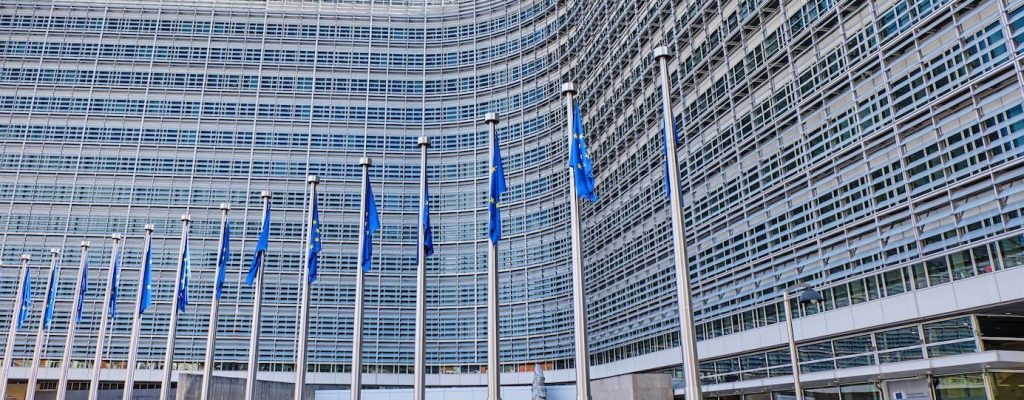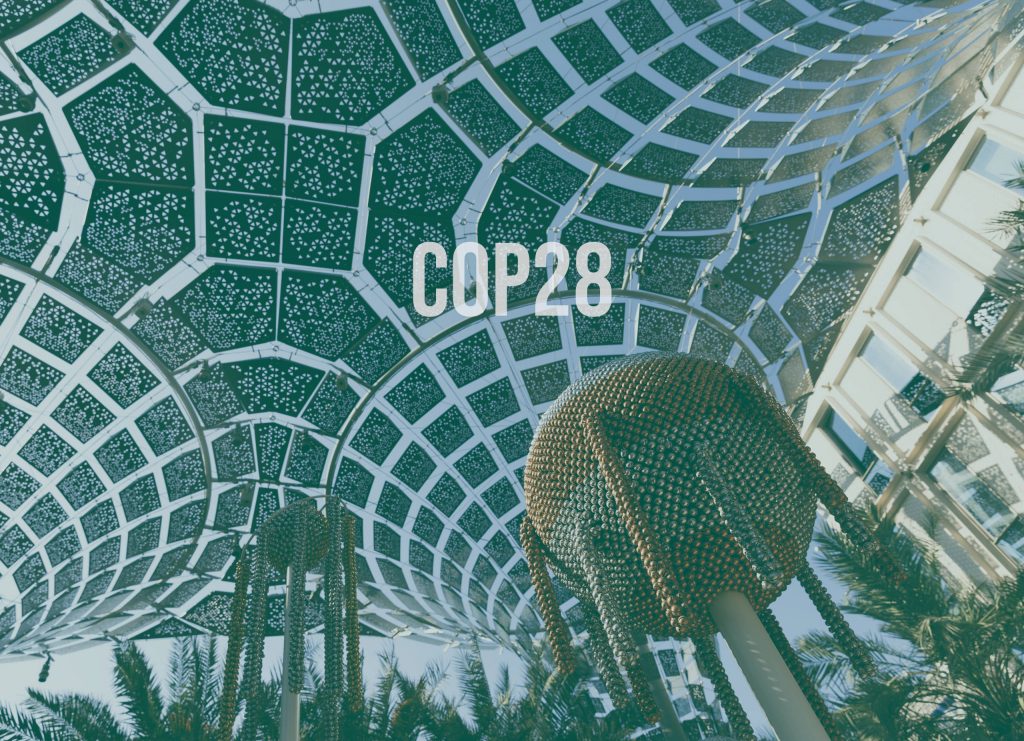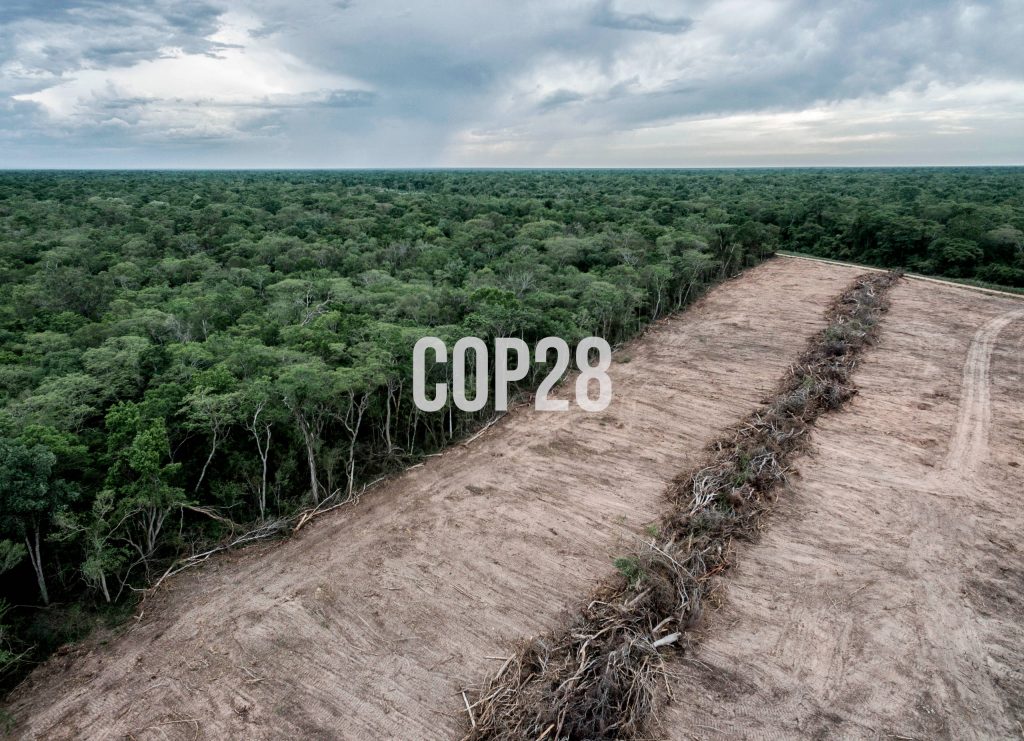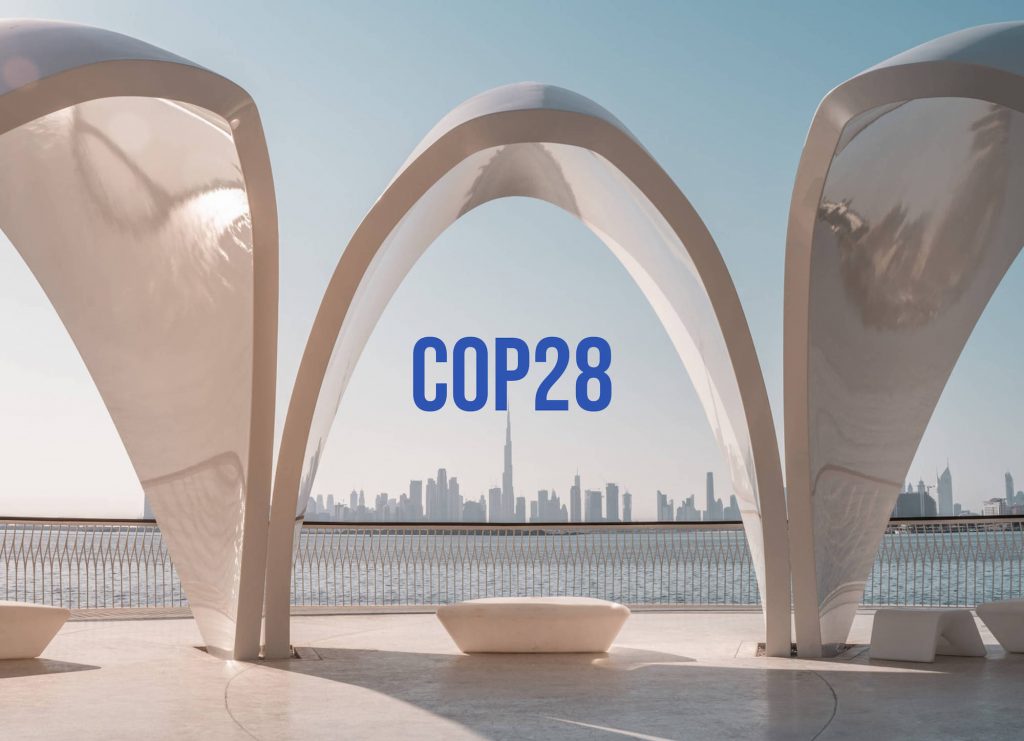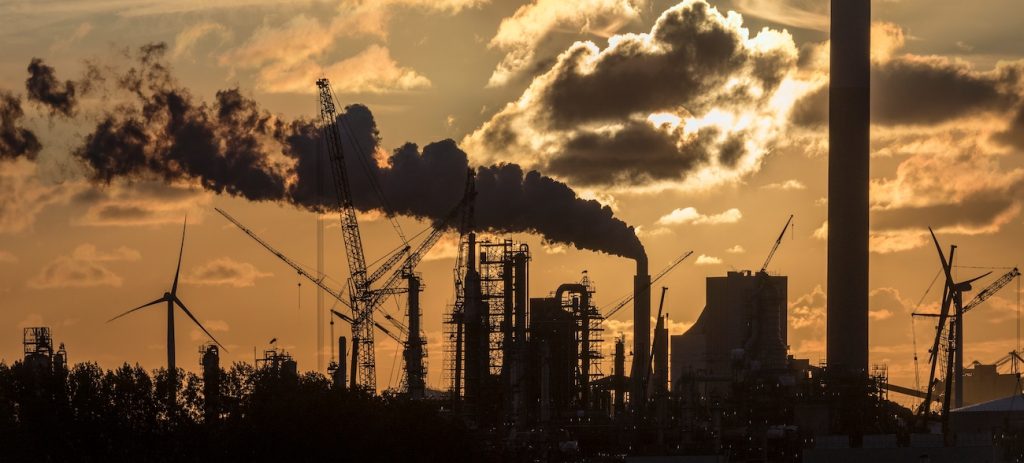
Climate u-turn? What happens if we exceed 1.5°C and then go back
What will the world look like if we are unable to stay below the 1.5°C threshold? And, assuming we are able to reverse temperature increases, will the world simply return to how it was before? Andy Reisinger’s CMCC Lecture outlines a series of possible future scenarios, highlighting how climate risks will differ between a world that remains above the 1.5°C threshold and one that chooses to bring temperatures back down.



